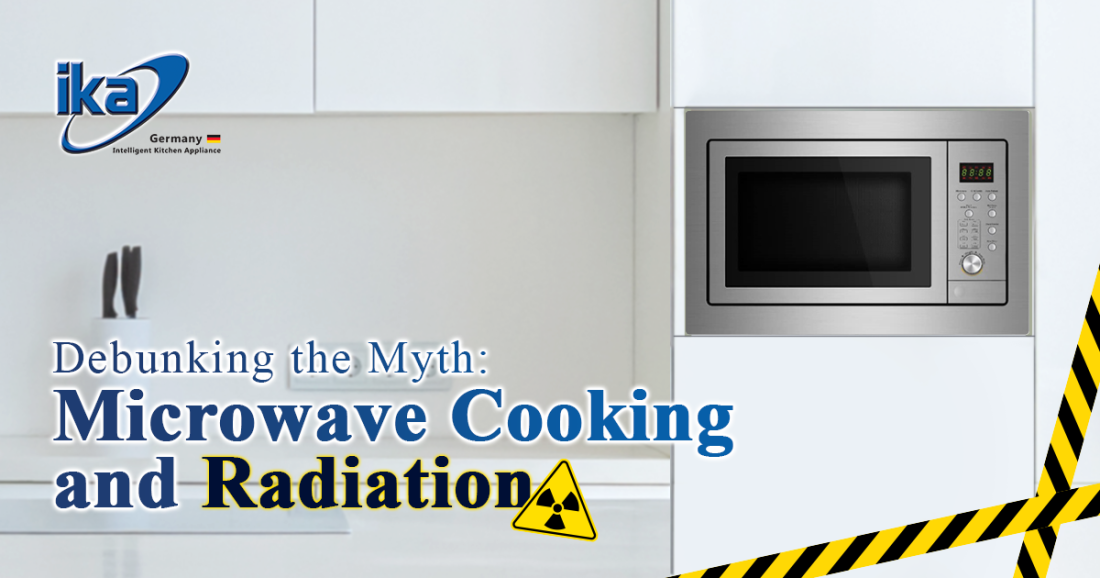Debunking the Myth: Microwave Cooking and Radiation
Microwave ovens have revolutionised the way we cook and reheat food, providing convenience and speed. However, a persistent myth claims that eating food prepared with a microwave is harmful due to radiation exposure. In this blog post, we will debunk this myth and provide a clear understanding of microwave cooking and the associated radiation risks.
Understanding Microwaves and Radiation
Microwaves, the electromagnetic waves used in microwave ovens, fall under the category of non-ionising radiation. Unlike ionising radiation, such as X-rays or gamma rays, which have enough energy to alter the structure of atoms and molecules, non-ionising radiation lacks the ability to cause cellular damage or create harmful radioactive substances.
Safety Standards and Regulations
Microwave ovens are subject to rigorous safety standards and regulations imposed by various authorities worldwide. Manufacturers must comply with these standards to ensure the safety of consumers. Microwave ovens undergo testing to ensure they emit minimal radiation and have built-in safety features, such as interlocking doors and seals, to prevent leakage.
Microwave Radiation Levels
When properly maintained and used according to manufacturer instructions, microwave ovens emit extremely low levels of radiation. The Food and Drug Administration (FDA) sets limits on the amount of radiation that can leak from a microwave oven. The levels are well below the established safety thresholds, making them safe for use in households.
Radiation Exposure during Microwave Cooking
It’s important to note that while microwave ovens emit radiation during operation, this radiation is confined within the oven itself and does not penetrate the food or the surrounding environment. Once the microwave oven is turned off, the radiation dissipates entirely, leaving no residual effects.
Microwave Cooking and Nutrient Retention
Concerns about the impact of microwave cooking on nutrient retention are often raised. Like any cooking method, microwaving can cause some loss of nutrients due to heat exposure and cooking time. However, microwave cooking generally preserves nutrients better than methods like boiling or frying, which involve longer cooking times and higher temperatures. Proper microwave cooking techniques, such as using minimal water and shorter cooking durations, can help mitigate nutrient loss.
In conclusion, the myth that eating food prepared with a microwave is harmful due to radiation exposure is unfounded. Microwave ovens emit non-ionising radiation, which is safe and regulated. The radiation levels emitted by microwave ovens are minimal and well below established safety standards. Microwave cooking is an efficient and convenient method that, when used correctly, preserves nutrients in food effectively.

